What is it?
Anytime we eat carbs, our bodies will break them down into sugars, otherwise known as glucose. Too much sugar in the blood is toxic to our bodies, so we have developed the ability to produce insulin to remove these toxins from our blood.
Where does insulin come from?
Pancreas
Why do we care?
Typically insulin will send sugar (glucose) to 1 of 3 places: Muscle cells, Liver and if those are full of glycogen already, then it will be sent to your Fat cells.
Now glucose will be used for FUEL in your muscle and liver cells, however when those cells are full of glycogen, the only other place to store is fat cells, which is harder to tap into and burn.
So what happens when you don't exercise?
All the carbohydrates that you consume throughout the day get stored in places that are meant to be burned as fuel and energy. When those aren't burned, glycogen will spill over and store in your fat cells. Thus making you fat (see what I'm getting at?).
3 things to consider:
When our insulin is spiked (meaning you just ate a crap load of carbs and sugar), Insulin will do these 3 complicated things made simple:
1) Promotes Fat Storage
Fat from food is temporarily stored into our fat cells while insulin does its job.
2) Suppresses Fat Burning
When we eat excess carbs, we are preventing our bodies from burning the glycogen stored in fat cells. This is due to the fact that our pancreas is constantly producing insulin to rid the toxins in our blood, thus storing more and more fat into our cells.
3) Fructose in Liver
When glucose in the liver is not burned, it will store as fat in your liver. Stored fat in your liver will cause even more problems down the road, and insulin 101 will be the least of your worries.
Keep in mind, when you are active on a consistent basis, eating carbohydrates is actually healthy. You are eating with a purpose and will use these carbs as fuel. Your body will regulate its insulin levels giving you nothing to worry about.
What to do about it?
Reference my article in regards to portion control on your plate. Anytime you eat a meal, 50% of the plate should be covered with protein. On the other half of the plate 25% should be a starchy carb such as a sweet potato, and the other 25% should be a fibrous carb such as a leafy vegetable.
Stay the hell away from Fructose! Don't think of fructose as naturally made sugar in fruit (although you should regulated daily fruit consumption). Think of fructose as man made sugars, and stay.the.hell.away!

